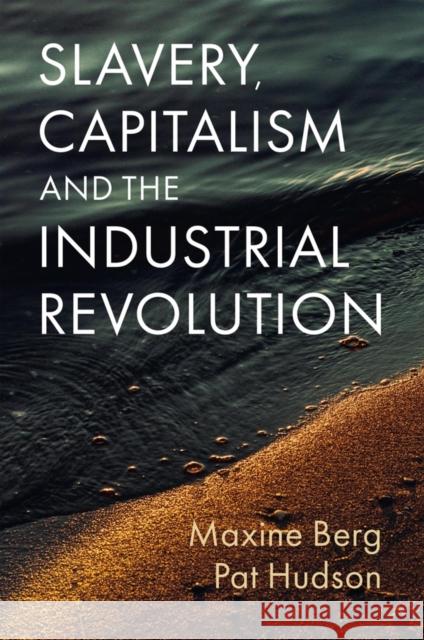Slavery, Capitalism and the Industrial Revolution » książka
topmenu
Slavery, Capitalism and the Industrial Revolution
ISBN-13: 9781509552689 / Angielski / Twarda / 2023 / 276 str.
Slavery, Capitalism and the Industrial Revolution
ISBN-13: 9781509552689 / Angielski / Twarda / 2023 / 276 str.
cena 128,89
(netto: 122,75 VAT: 5%)
Najniższa cena z 30 dni: 127,05
(netto: 122,75 VAT: 5%)
Najniższa cena z 30 dni: 127,05
Termin realizacji zamówienia:
ok. 30 dni roboczych.
ok. 30 dni roboczych.
Darmowa dostawa!
Kategorie:
Kategorie BISAC:
Wydawca:
John Wiley and Sons Ltd
Język:
Angielski
ISBN-13:
9781509552689
Rok wydania:
2023
Ilość stron:
276
Wymiary:
22.9 x 15.2
Oprawa:
Twarda











